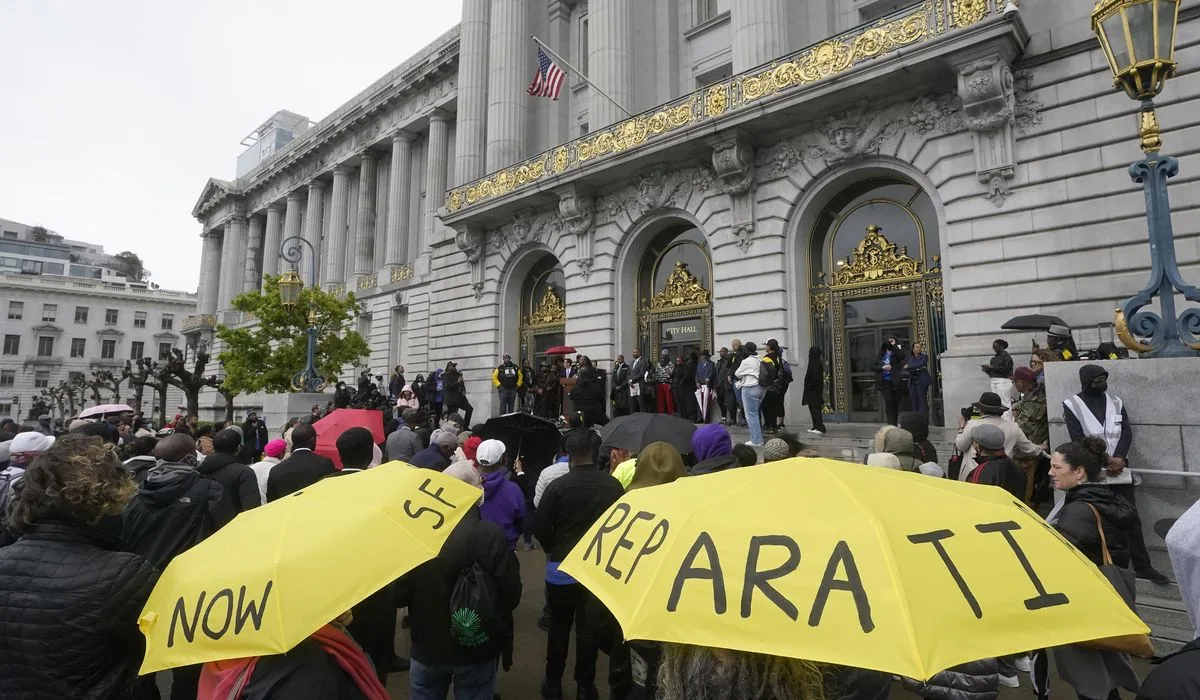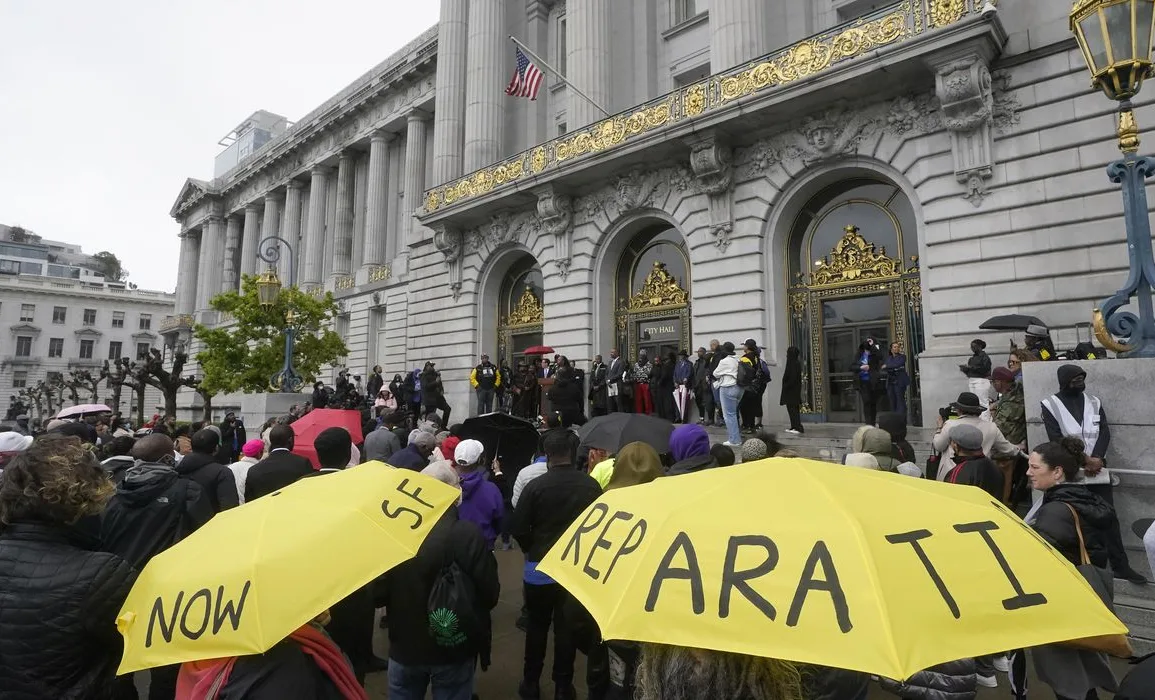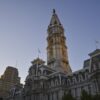
California voters oppose making cash payments to Black descendants of slavery by a two-to-one margin, a daunting finding for the Democrat-controlled Legislature as it prepares to take up the state reparations task force’s landmark recommendations.
A University of California Berkeley Institute of Governmental Studies poll of 6,030 registered state voters found that 59% are against paying monetary reparations to Black residents descended from slaves, while 28% support the plan and 13% have no opinion.
Of those who said they oppose reparations, 44% were “strongly opposed.” Nearly all Republicans, or 91%, were against the idea, but so were 42% of Democrats and 63% of those with no party preference.
The only racial group to support the plan for cash reparations was Black voters, who favored them by 76% to 16%. Only 25% of Whites, 24% of Latinos, and 23% of Asian-Pacific Islanders supported cash payments for Black descendants of slaves.
Cristina Mora, the poll’s co-director, said that “the fact that even liberals are divided indicates the campaigns for racial redress will face a steep uphill climb.”
California became the first state to create a reparations task force in 2020, but the poll’s findings show the public has yet to embrace the concept of cash payments for slavery descendants, placing Democratic Gov. Gavin Newsom and legislators in a political quandary.
The panel’s final recommendations released June 29 in its 1,100-page report would cost the state hundreds of millions by providing benefits to eligible slavery descendants such as universal health care, free tuition, and “forgivable” interest-free business loans.
The report does not propose a specific cash amount, but says that an eligible 71-year-old resident has lost as much as $1.2 million from discrimination in housing, health care, business devaluation, unjust property takings and “mass incarceration and over-policing.”
The staunch opposition to cash reparations reflected in the poll comes even though 60% of those surveyed said the legacy of slavery affects Black descendants “a great deal,” “some” or “a little.” Just 31% said “not at all.”
“While many can empathize with the plight of Black Americans, not all of these feelings will translate into support for policies that address longstanding racial harms,” said Ms. Mora.
The poll also found an information gap on the state’s reparations efforts. While 73% of Black and White respondents were aware of the task force, only 50% of Asian-Americans and 46% of Latinos had heard of it.
The results echoed those of a 2021 national poll by Pew Research Center that found 68% of U.S. adults opposed and 30% supported reparations for slavery descendants.
Berkeley IGS Poll Release #2023-18: Majority of voters believe Black Californians continue to be affected by the legacy of slavery, yet cash reparations face headwinds.
Click here to read the latest IGS Poll release: https://t.co/dTkkRGLwbH pic.twitter.com/NKSw9DuljN
— Institute of Governmental Studies (@BerkeleyIGS) September 10, 2023
Kamilah Moore, the task force’s chair, said the panel recognized the challenges associated with winning over the public.
“We actually created a public education committee that is working to educate California’s public on our findings … to change the hearts and minds of all Californians to support this idea,” said Ms. Moore in a July 9 interview on MSNBC. “We know there’s a steep battle ahead, but we’re prepared for the fight.”
State Sen. Steve Bradford, a member of the committee, said the problem lies with “miseducation.”
“It speaks to the miseducation of most Americans when it comes to slavery and the impact that it had on this country and the impact that it still has on African Americans today,” the Democrat told the Los Angeles Times.
The Berkeley poll released Sunday was funded by the Los Angeles Times and conducted online Aug. 24-29 with a sampling error of +/-2 percentage points and a 95% confidence level.
Mr. Newsom backed away in May from the idea of writing checks to slavery descendants, saying that “dealing with legacy is about much more than cash payments.”
California has about 2.6 million Black residents, but the task force limited its recommendations for cash reparations to descendants of an enslaved person or a “free Black person living in the United States prior to the end of the 19th century.”
New York followed California in June by creating its own reparations task force. Several cities are considering reparations, including San Francisco, which drew headlines earlier this year when its panel proposed as much as $5 million in cash payments for eligible residents.
The San Francisco Board of Supervisors is scheduled to take up the panel’s final reparations report at its Sept. 19 meeting.



